Email banned: Now what?
What are the alternative workplace communication options in a world where email is banned?

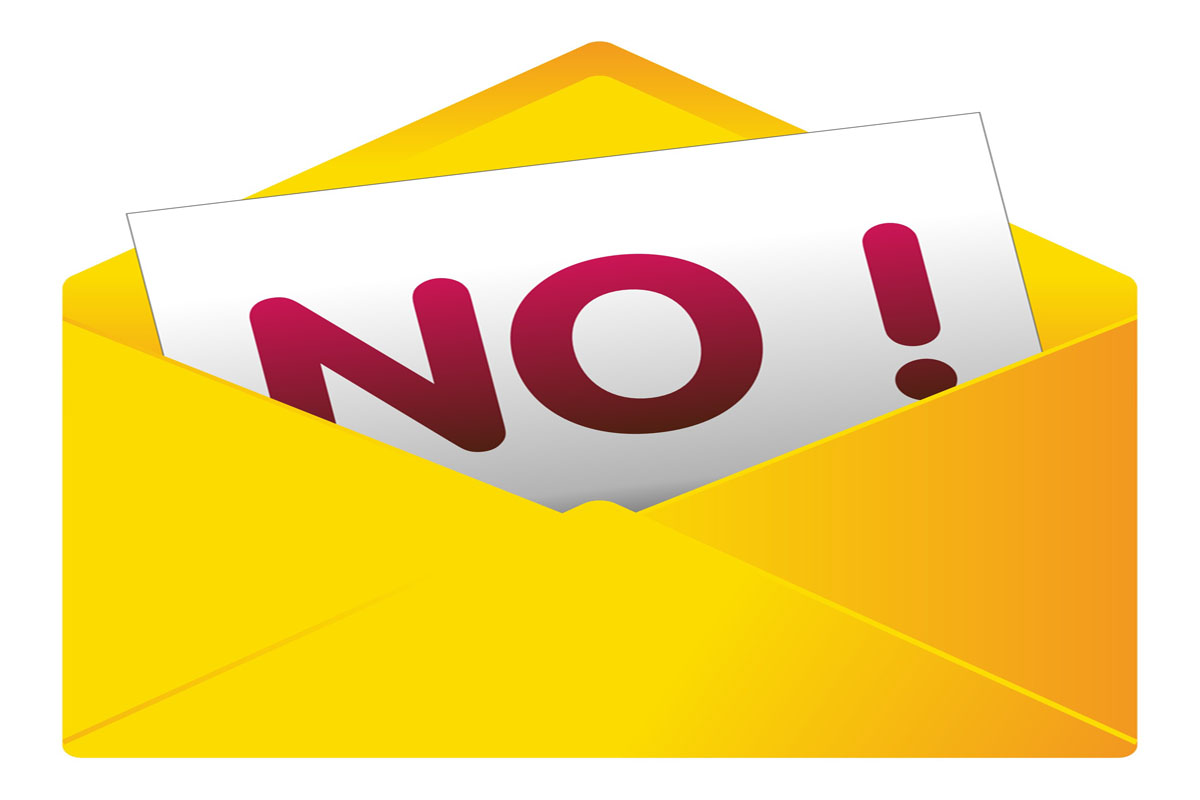
Sign up today and you will receive a free copy of our Future Focus 2025 report - the leading guidance on AI, cybersecurity and other IT challenges as per 700+ senior executives
You are now subscribed
Your newsletter sign-up was successful
Each one of these is a multi-step process to answer. The further apart you are by distance, time or corporate boundaries, the worse it gets.
Unison answers these questions on a single screen, putting you in control. You instantly know what the latest is, who's where, what they're working on, even who they're talking to. You can lead your team or business or project from your smartphone.
Rooms are private group spaces and the only people who can see and access them are the members. Companies use them to manage projects, ongoing issues, teams and keep up on industry news.
Although banning internal email may be dramatically reducing the amount of time you spend using services such as Gmail and Outlook, both of these also offer IM platforms, allowing you to communicate instantly, in real time.
Microsoft's Lync IM platform (formerly Microsoft Office Communicator) allows you to communicate with fellow employees instantly. Available with the Microsoft Lync Server or through Microsoft Office 365, the suite also enables you to talk over VoIP with workers or host video conferencing - allowing you to cut down on external email too.
If you're already using Gmail, Google Hangouts also allows you to hop on a call with fellow employees or just IM using the service in real time. With a mobile app, you can communicate whether you're in the office or on the move, too.
Despite cutting down on the email being sent through your company, using these solutions should also keep the major email providers happy too.
Sign up today and you will receive a free copy of our Future Focus 2025 report - the leading guidance on AI, cybersecurity and other IT challenges as per 700+ senior executives
However, Mann thinks trying to eliminate email completely with solutions like this generates lots of heat, but little value.
"When elimination is the goal, it ends up being distracting. Banning email is not a business goal; it does not create happy customers or better products. Making it the locus of your attention means you aren't focusing on creating value," Mann adds.
"I think reducing or even eliminating email is a fine result or indicator of success when rolling out social tools or more collaborative ways of working. But the focus needs to be on the value created, not the elimination of an irritant."
Companies must provide better and more efficient ways of communicating, which will inevitably lessen the reliance on email. Social tools, for example, can be great for creating a foundation for new projects so workers can collaborate and ask questions quickly and easily even when they're not in the same room.
"Social displaces some interactions that are inefficient over email, but overall introduces more messages for workers to sift through," according to a study published by analyst firm Forrester Research in October 2013.
But, the report adds, that's not necessarily a bad thing because companies are investing in enterprise social solutions for the additional collaborative interaction it facilitates.

Clare is the founder of Blue Cactus Digital, a digital marketing company that helps ethical and sustainability-focused businesses grow their customer base.
Prior to becoming a marketer, Clare was a journalist, working at a range of mobile device-focused outlets including Know Your Mobile before moving into freelance life.
As a freelance writer, she drew on her expertise in mobility to write features and guides for ITPro, as well as regularly writing news stories on a wide range of topics.
-
 AWS CEO Matt Garman isn’t convinced AI spells the end of the software industry
AWS CEO Matt Garman isn’t convinced AI spells the end of the software industryNews Software stocks have taken a beating in recent weeks, but AWS CEO Matt Garman has joined Nvidia's Jensen Huang and Databricks CEO Ali Ghodsi in pouring cold water on the AI-fueled hysteria.
-
 Deepfake business risks are growing
Deepfake business risks are growingIn-depth As the risk of being targeted by deepfakes increases, what should businesses be looking out for?
-
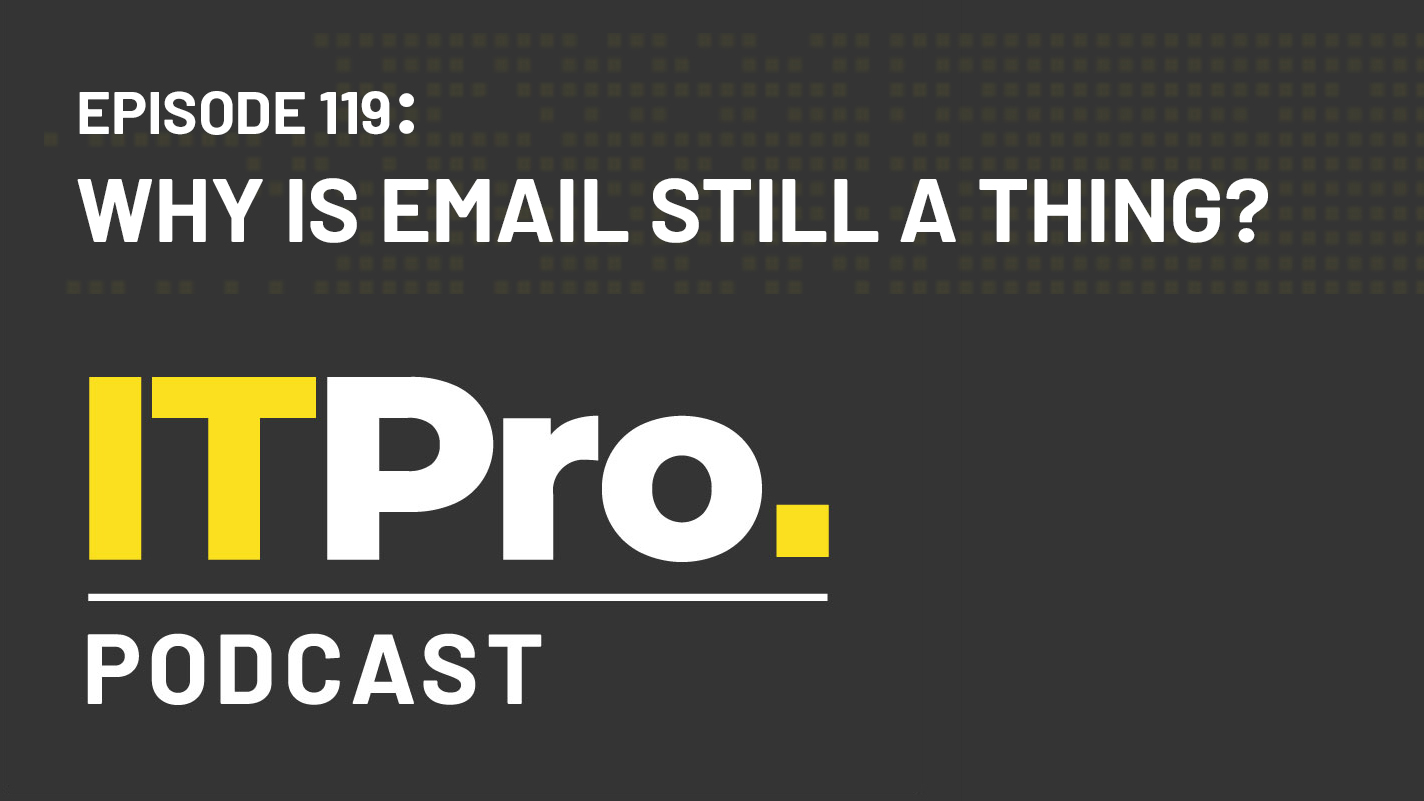 The IT Pro Podcast: Why is email still a thing?
The IT Pro Podcast: Why is email still a thing?IT Pro Podcast Despite a proliferation of newer collaboration platforms, email stubbornly refuses to go away
-
 Google targets phishing with full BIMI email logo authentication support
Google targets phishing with full BIMI email logo authentication supportNews Gmail will tie logos to DMARC authentication
-
 The most secure email services of 2023
The most secure email services of 2023Best Email is not secure by design, but these email providers allow you to send emails with top-level security
-
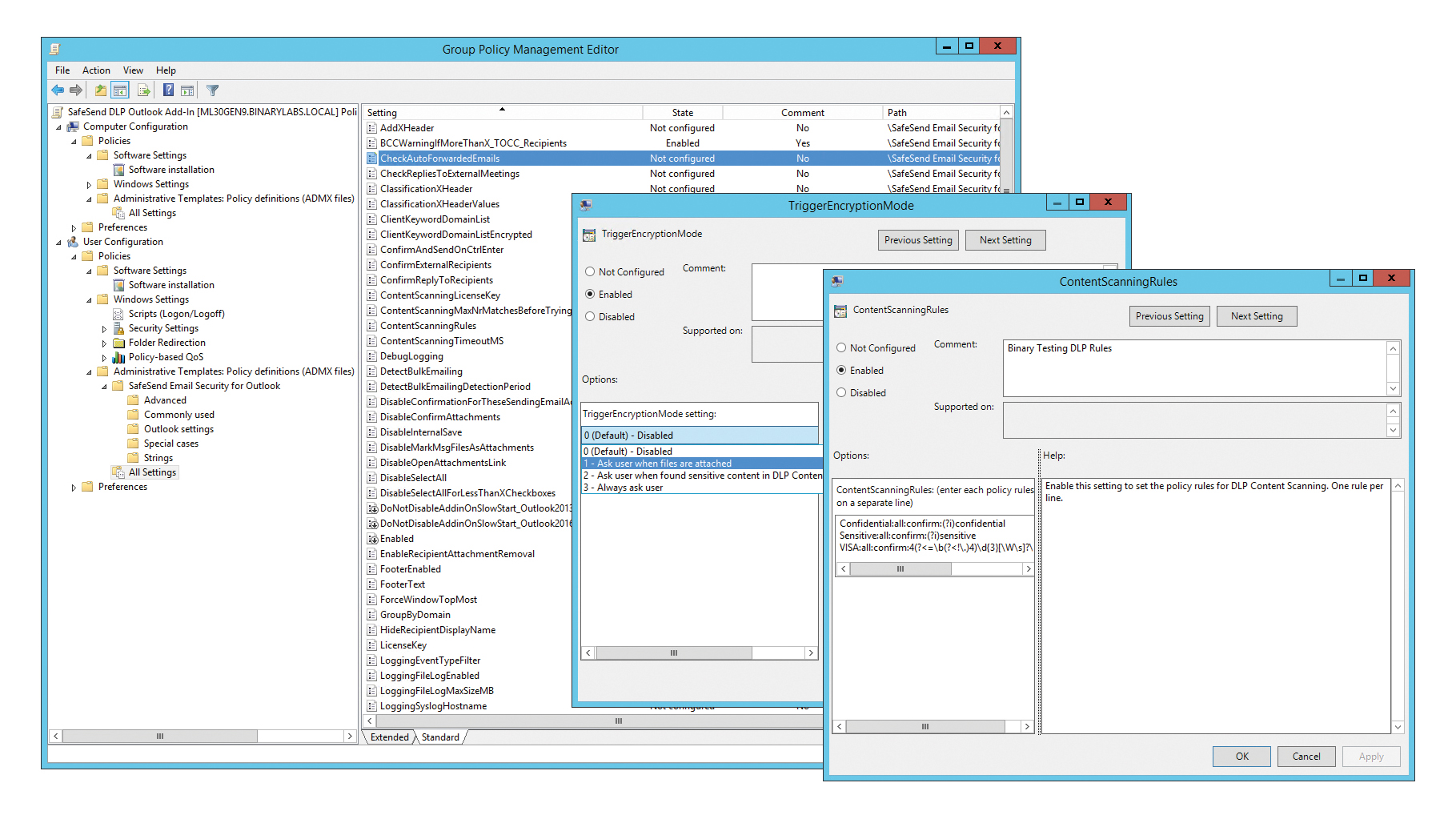
 SafeSend Email Security for Outlook review: A great solution for security-conscious SMBs
SafeSend Email Security for Outlook review: A great solution for security-conscious SMBsReviews An invaluable last line of defence against Outlook email disasters that’s easy to deploy and manage
-
 White House launches official investigation into use of personal email accounts
White House launches official investigation into use of personal email accountsNews Senate Intelligence Committee rebukes Kushner for omitting private account
-
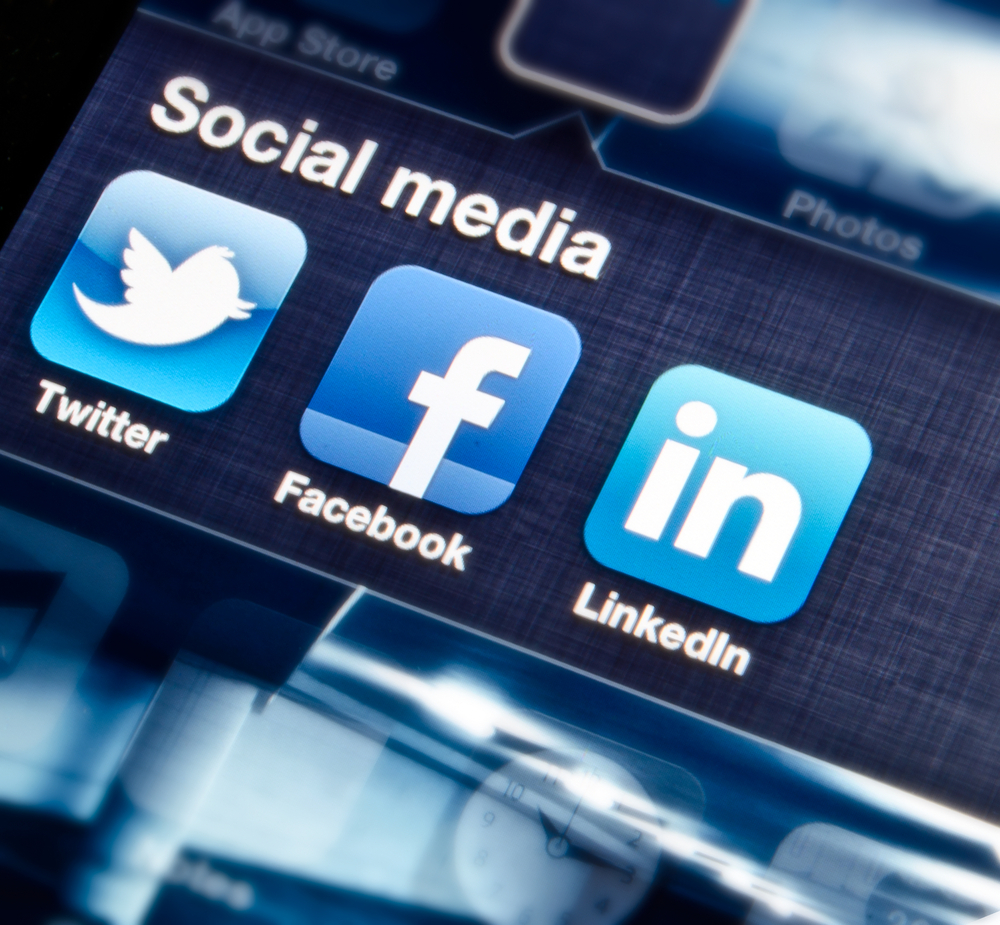 How can IT leaders make the most of social media in business?
How can IT leaders make the most of social media in business?In-depth Real world organisations explain how they avoid the pitfalls of social media
-
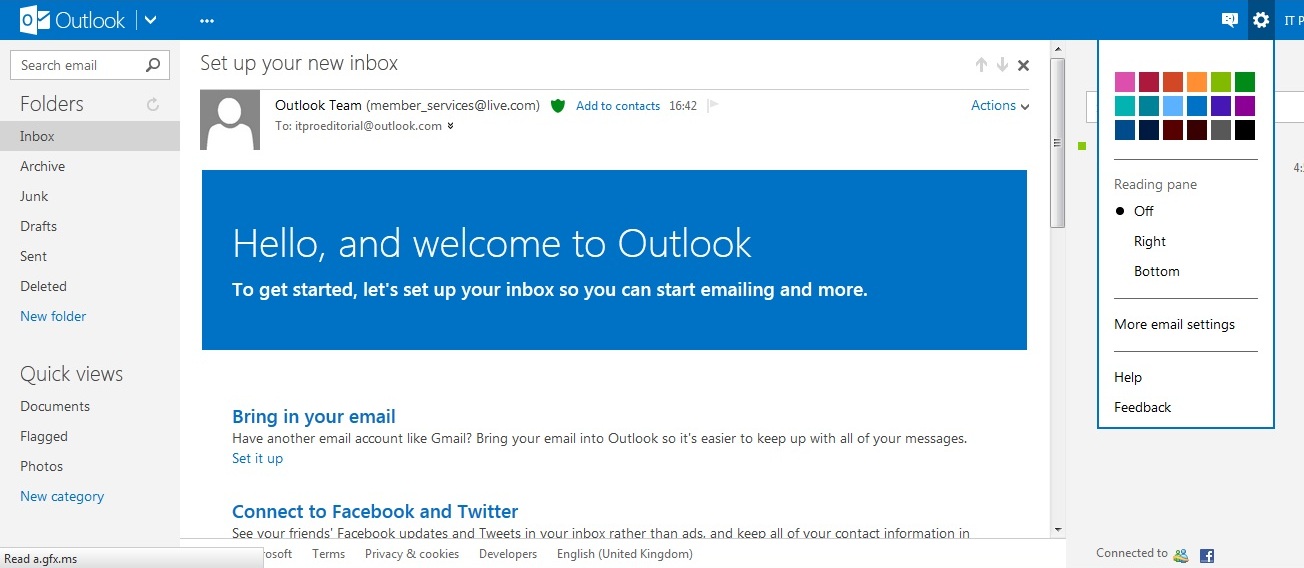 I don’t like Outlook.com. Where can I complain?
I don’t like Outlook.com. Where can I complain?Tutorials I don’t like Outlook.com. Where can I complain?
-
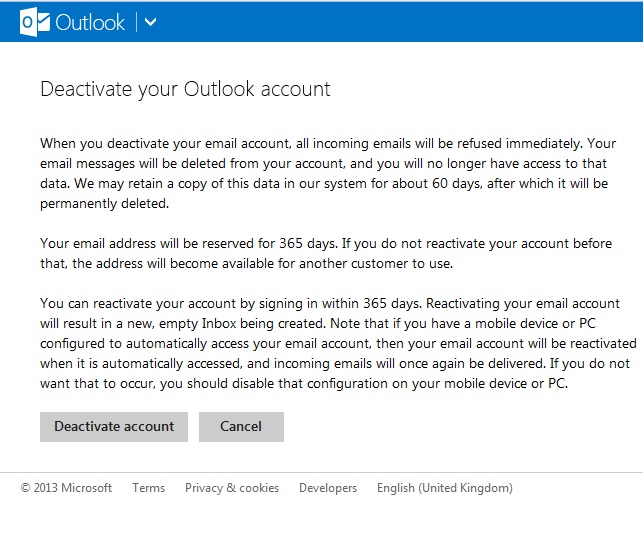 I’m switching to Gmail. How do I close down my Outlook account?
I’m switching to Gmail. How do I close down my Outlook account?Tutorials Microsoft has made it relatively easy to deactivate Outlook.com accounts. Find out how with our easy guide.